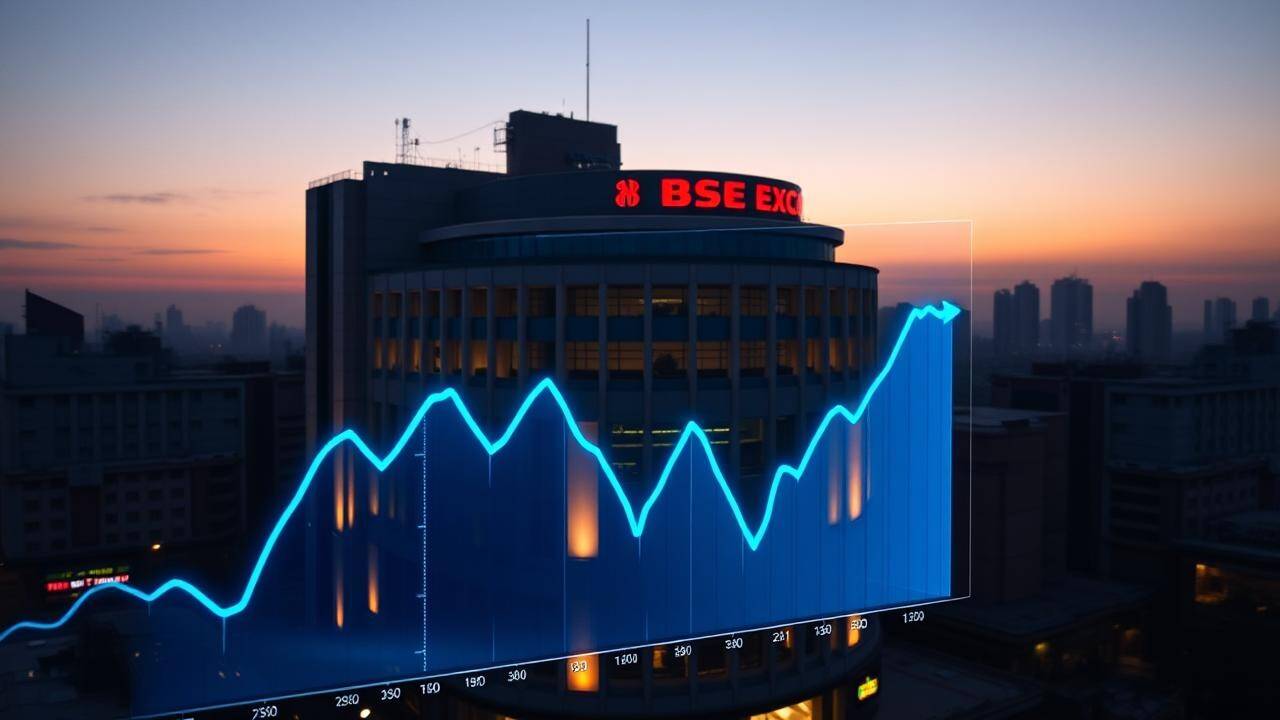India's stock market slips to fourth in APAC investor rankings; fund managers pivot to semiconductor wave: Report

Amazon offers big discounts on summer essentials, including a $9 lightweight dress, an $85 highly-rated foot massager, and a $100 fast-cooling portable AC, all praised by shoppers.

All major sources, one page
Feel the mood behind headlines
Know what’s trending, globally
Get summaries. Save time
7,231
121
204
36 minutes ago
Stay sharp in 60 seconds. Get concise summaries of today’s biggest stories — markets, tech, sports, and more
All major sources, one page
Feel the mood behind headlines
Know what’s trending, globally
Get summaries. Save time
7,231
121
204
36 minutes ago
Stay sharp in 60 seconds. Get concise summaries of today’s biggest stories — markets, tech, sports, and more